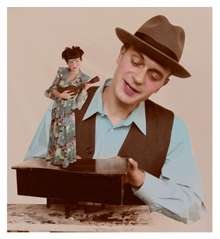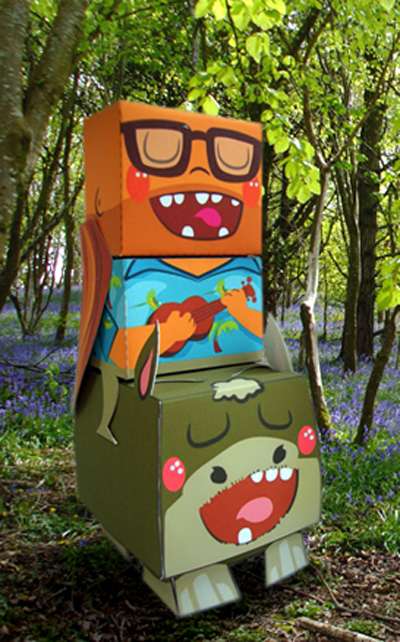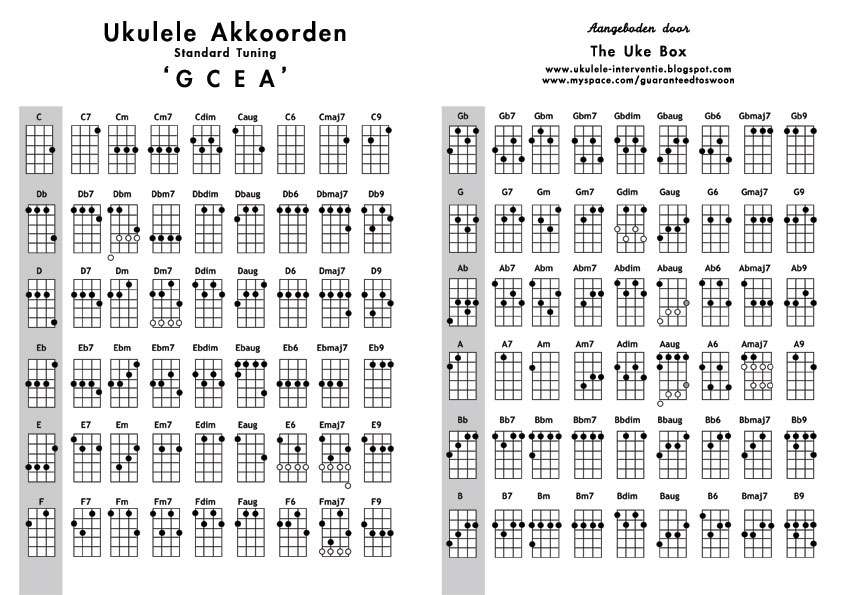
1977 Berlijn, Iggy Pop en David Bowie betrekken samen een hotelkamer en schrijven (punk-)geschiedenis. Samen componeren zij het wereldberoemde nummer "Lust for Life". Dit nummer staat op de gelijknamige LP van Iggy Pop en heeft sindsdien een ongelooflijk grote invloed gehad op de Punk/Rock-geschiedenis. Maar wat dit gegeven nog specialer maakt is het feit dat dit geweldige nummer geschreven is op de UKULELE !! Op het internet was er een video te vinden van een interview met Iggy, helaas is dit filmpje van het net gehaald vanwege copyright-gedoe. Dus hebben we alleen nog geschreven bewijsstukken. Hier onder vind je de citaten en de bronvermeldingen.
The Morning News - november 2008(alinea 16 regel 5)
That playful moment of free-form improvisation evolved into “Nightclubbing,” the second song on Pop’s 1977 album The Idiot. Throughout their tenure in Berlin, these two artists abandoned convention, open to inspiration whenever it arose. One night, while they watched American Forces television, Bowie adapted the station’s call signal to a melody he strummed on a ukulele. The resulting chord change would become “Lust for Life,” the title track of Pop’s next record. The Idiot and Lust for Life launched Iggy Pop’s career as a solo artist, a 30-year journey that would take him into the studio with renowned producers like Don Was and Bill Laswell. His single “Candy,” with the B52’s Kate Pierson, would crack the top 40 in 1991 and make Brick by Brick his bestselling album.
Telegraph - maart 2007 (alinea 9-10)
It was David Bowie who first helped him to his feet, decamping with him to Berlin to make two groundbreaking albums, The Idiot and Lust for Life. The title track from Lust for Life symbolised both Iggy's rehabilitation, and that intense period of collaboration.
"[David] wrote that song on a ukulele. Once a week the Armed Forces Network would show Starsky & Hutch, so that was our little ritual - it's Thursday night! We're gonna watch Starsky & Hutch! AFN had an ID [between programmes], where a representation of a radio tower would come on the screen, and it made a signal sound - beep-beep-beep, beep-beep-ba-deep!" He chuckles. "We were sitting there, and we went, aha, we'll take that!"
Speel zelf deze punk giga hit op je Uke !
Hoe een klein instrument grote sporen achter laat !













